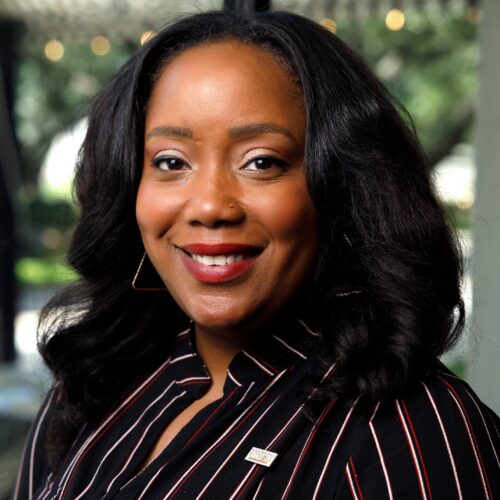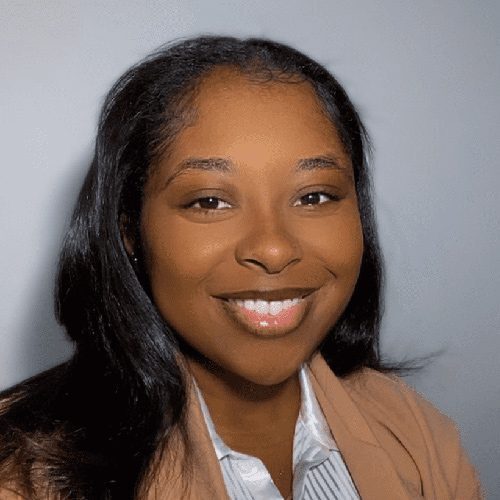Dalonte Burns is the Program Director of the Black Principals Network and Lead Pastor of VeriSource Global Center in Chicago, IL. Dalonte’s story is one of deep-rooted purpose, relentless commitment, and transformative impact. A Chicago native, first-generation college graduate, educator, leader, minister, husband, and father, Dalonte has spent over a decade driving systems-level change within education — always centering the needs, voices, and liberation of Black and Brown communities. Dalonte is also a proud CHI21 (Surge Fellowship) and TLC23 (Black Principals Network) alum.
As a former school leader at UIC College Prep, Dalonte led a school community of 900 students and 120 staff, where his impact spoke volumes: increasing staff diversity to over 75% people of color, cultivating diverse pipelines in instructional and leadership roles, achieving record-breaking ACT growth, and seeing over 90% of graduates enroll in college—securing more than $35 million in scholarships annually - all while creating frameworks rooted in instructional equity and anti-racism. He built a wraparound student support model that included three full-time social workers, strategic community partnerships, and an expansive menu of enrichment programs rooted in student voice and identity. Dalonte has managed cross-functional teams, overseen strategic plans, and implemented sustainable, equity-centered systems across his school.
His leadership doesn’t stop at the schoolhouse. In addition to his work in schools, Dalonte is a faith leader committed to healing-centered leadership and community restoration. He has been a community relations coordinator, organizing peace rallies, giveaways, and cultural events to uplift the people of Chicago. Whether in the classroom, pulpit, or policy space,— Dalonte’s mission remains clear: liberatory education is the key to multi-generational transformation. His ministry reflects the same values he brings to education: equity, dignity, and the unwavering belief that people—especially the most marginalized—deserve systems that work for them, not against them.
At the heart of his work is a belief that leadership should not only disrupt systems of harm—but build pathways for healing, restoration, and generational impact.






